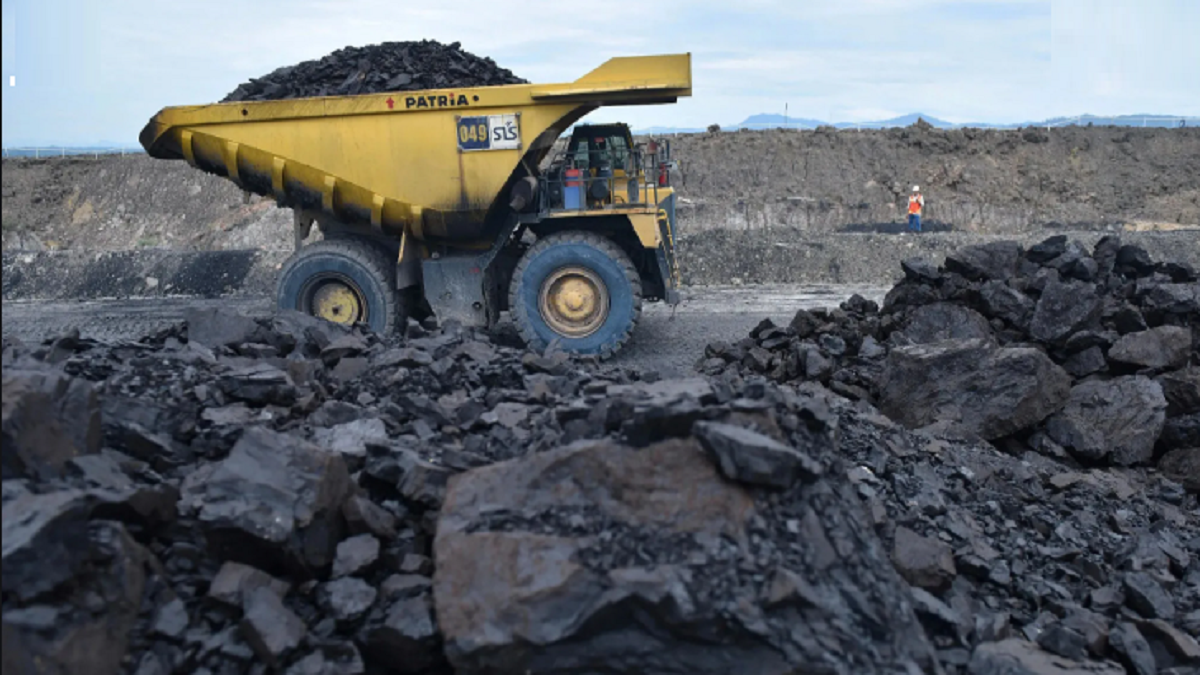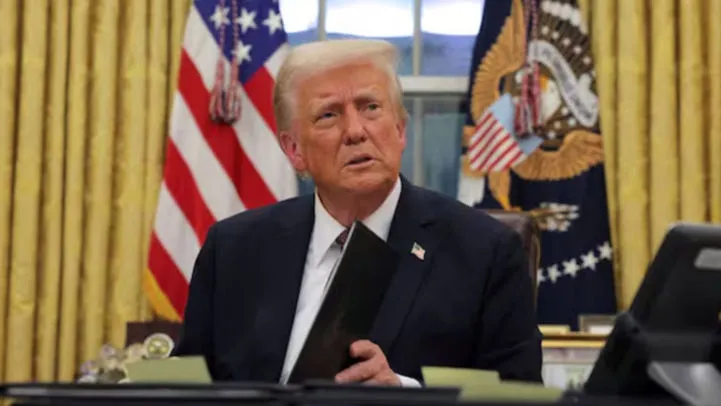Cancellation of contracts to Chinese companies, banning of Chinese apps and now, to give another jolt, the government has started exploring ways and means of making Active Ingredients for Pharmaceuticals (APIs) from coal to reduce import dependence on China.
Chinese mouthpiece Global Times recently took a dig at the country’s heavy dependence on APIs from China. About 80% APIs, which are crucial for making affordable medicines, are imported from China. In its recent article the Chinese publication claimed: “India won’t find a cure for its drug industry if API supplies stop coming from China.
Highly-placed sources have told The Daily Guardian that the government has already started exploring the technology for coal gasification, a process that converts fossil fuel-based carbonaceous materials into carbon monoxide, hydrogen and carbon dioxide. The ash content from this process could be used to develop APIs. It can also be used to make methane and fertilisers. This technology is already in use by several countries.
Recently policymakers held a high-level meeting where non-availability scenario of APIs during Covid-19 for drug manufacturing was discussed. The Ministry of Coal and Coal India Ltd have already conceived gasification projects based on availability of raw coal, land, water and other infrastructure required for such projects.
Last month Prime Minister Narendra Modi had launched the auction process for 41 coal mining blocks. The Cabinet had also approved a policy on methodology for auction of coal and lignite mines/blocks for sale on revenue sharing basis wherein 20% rebate has been provided in revenue share for coal gasification projects.
Sources said the government initially planned for 100 MT coal gasification projects and is in the process of evaluation a suitable technology to develop pathways for projects with 40% ash content. During the meeting ways and means of indigenisation of technology for coal gasification and manufacturing of the required components were also discussed.
A senior official said there is a need for giving incentives to those who could manufacture components such as compressors, filters, etc, which incur huge costs and therefore, their indigenisation can save cost. Also, there were deliberations on the marketing aspect of the end products and incentivising manufacturers using clean coal cess fund.
Officials are now of the view that coal gasification can create “syngas islands’’ from where it can be directed towards chemical and liquid conversions for various uses. Coal to fertiliser conversation has been given a major push at Talcher Fertiliser Plant and other pilot projects for coal to methanol in technical collaboration at the Jindal Steel Plant in Angul, Odisha.
It is reliably learnt that several efforts are being made in the area of coal gasification by various departments and ministries, including Ministry of Coal, Ministry of New Renewable Energy, Department of Science of Technology, Department of Science and Industrial Research and Institute of Chemical Technology. BHEL, IOC and EIL have also been involved in the process.
A need for nodal agency to coordinate the efforts is being felt. The government is in the process of ear-marking an agency for this process. Once the country evolves the technology and indigenises components required for the manufacturing of API, it would be a major boost to the Aatmanirbhar Bharat mission. But this may take some time. Till the time India is self-sufficient, alternative import avenues of APIs must be explored.










